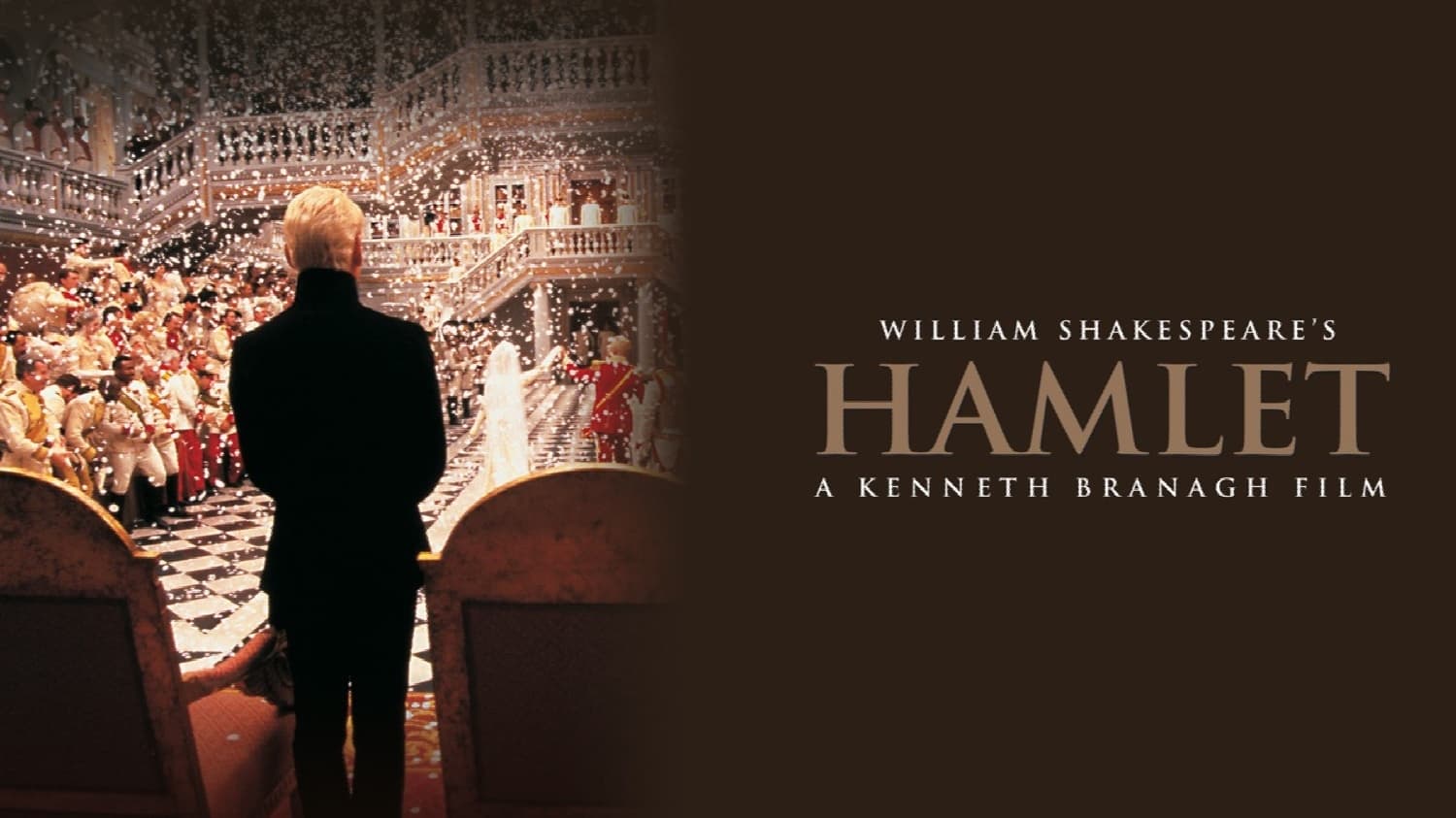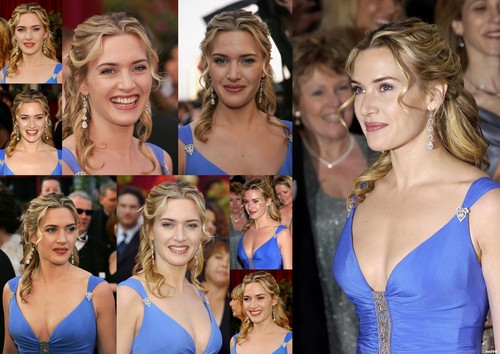

While Winslet is known for her historic-era roles, it’s also her contemporary turns where the Academy Award-winning actress (and seven-time total nominee) sometimes has the most fun, whether as a lovelorn London columnist in Nancy Meyers’ “The Holiday,” a neon-haired free spirit in “Eternal Sunshine of the Spotless Mind,” or even as an adulterous mother in “Little Children,” who finds a giddy thrill in setting her life on fire.īack in 2021, Winslet turned in another career-best performance on TV following her Emmy-winning turn in “Mildred Pierce”: again on HBO, this time as a hardened police detective with secrets in a small town - the extraordinary “Mare of Easttown.” Next up, she returns to the premium network in “The Palace,” the story of a year within the walls of a crumbling European regime. Winslet can masterfully embody a woman out of place and time, one who mocks decorum with a sneering laugh and (sometimes) a cigarette, but is nevertheless stuck at a “precipice,” as Rose says famously in “Titanic” while staring down the barrel of a dreary dinner party and an arranged marriage. In a movie like “Titanic,” Winslet’s Rose Dewitt Bukater doesn’t quite fit into the stifling world of the early-20th-century upper class that idea is taken to more contemporary extremes in a movie like “Revolutionary Road” as April Wheeler, a miserable housewife existentially dying in 1950s suburban Connecticut. Whether bound inside a corset, or to the social and gender mores of a period setting (into which she’s often typecast), there’s a feral charm to her approach. There’s a looseness writhing to get out beneath the false composure of her characters, who are almost always marked by their prickly defiance and wit.

Much like the work of a classical Hollywood movie star, Kate Winslet’s power lies more in the brusque delivery of a cutting line or a piercing glance. Kate Winslet is an actress whose performances aren’t defined so much by their rigid technicality, but by their manner of presence.


 0 kommentar(er)
0 kommentar(er)
